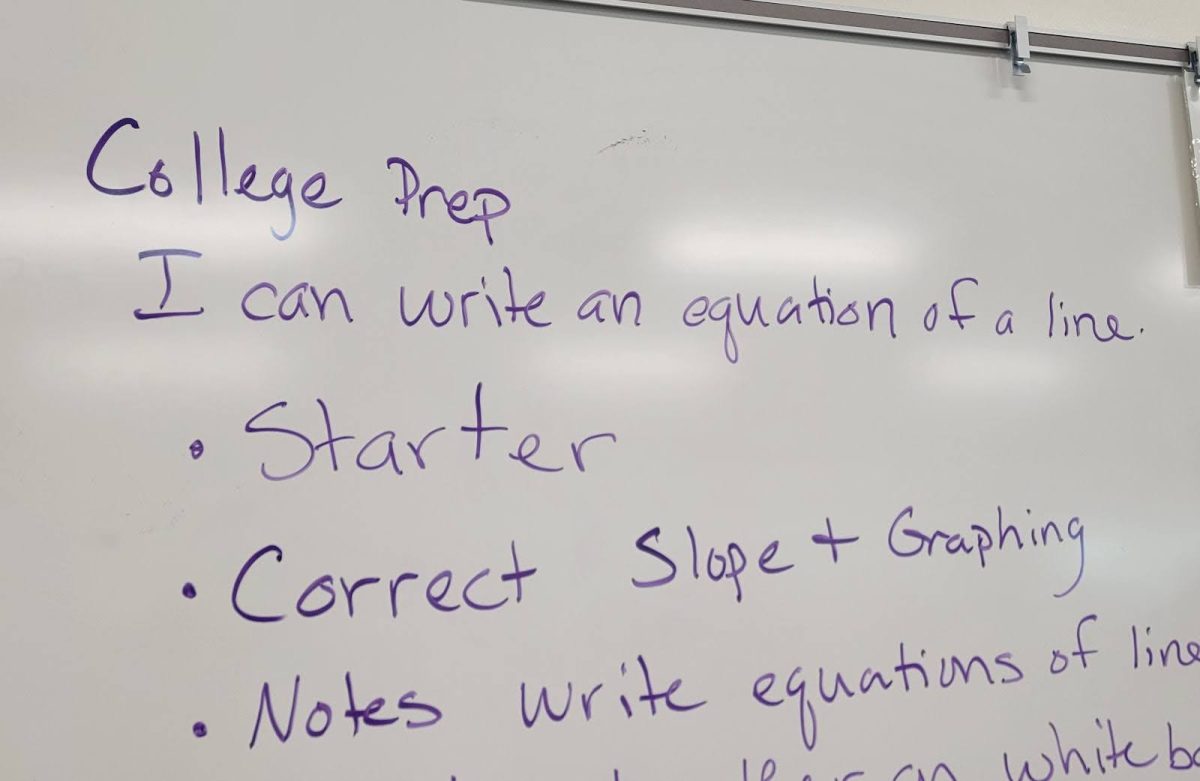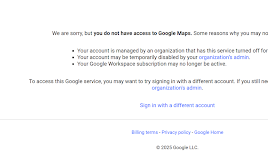Starters were introduced at Skyline and other Granite high schools this year in a voluntary pilot that hopes to reduce student tardiness. The pilot, an accountability measure proposed by the district’s high school principals, gives teachers the option of whether or not to participate. If they choose to opt in, students attending their classes must arrive on time in order to receive a starter. Starters, in total, are worth 15% of each quarter’s grade. Participating educators must give their students at least fifteen starters per quarter, take attendance everyday, save starters in case of content concerns, and notify students of the pilot’s implementation on the class disclosure.
One key benefit of the starters is their discouragement of tardiness. Assistant principal Benjamin Anderson witnessed the extent of this issue last year, when he was given two lists of students, Freshman and Sophomore, to talk to. “There [were] about 80 plus kids on those lists, and, of those kids, they were only spoken to because they had x number of tardies and x number of absences. Like, a significant number,” Anderson explained. Between the grades, there were around 160 students—without including Juniors and Seniors. He added, “At least 10% of our population is struggling with the ability to make a great choice on being here everyday, right? Attendance matters. It really does. You know, you can’t win if you’re not present.” By implementing starters, students know they will sacrifice part of their grade if they choose to go to class late or skip class entirely, as students with unexcused absences also do not receive the missed starter.
According to Anderson, the pilot also returns a “great instructional tool” to many classrooms. Previously, starters were used and included in grades until the district’s switch to Proficiency Based Learning (PBL). Starters, being assignments rather than assessments, lost their place in students’ grades with PBL, so many teachers stopped doing them. However, teachers who still incorporated starters were eager to join this new initiative because of their experience with starters before PBL. Math teacher Merry Carney said, “Before Proficiency Based Grading, I always made it so if you were late you didn’t get one. For me it was the only way I could get kids to come on time.”
Despite how new the pilot is, Carney says she’s already experienced improvements in attendance. “Especially in the senior classes, if you don’t have starters that count, you get half your class [coming in late],” she explained. Business and Financial Literacy teacher Gray Garrett, who also has mostly upperclassmen, explains that the problem isn’t that they don’t know they’re supposed to be on time, but that they choose to be late anyway. He said, “[I] have a student who comes in. He wanted to get a Slurpee break, so he took a Slurpee break knowing I was going to mark him late.”
Garrett, however, did not decide to participate in the pilot. “I’m in Relo 12, the furthest point from the main building,” he explained. “I didn’t want to penalize anybody who […] just continually couldn’t get here because of the traffic.”
New teachers, such as Theatre teacher Krystal DeJesus, have another reason for being hesitant to participate: Focus. “I’m a performance-based class and, because of that, I feel like performances are weighted more heavily than daily activities. And Focus doesn’t really allow us to do weighting except for starters right now,” she said. She fears that adding starters as 15% would unevenly affect grading in her classes, as other activities would have to be incorporated into the 85% with performances. However, DeJesus is still doing starters without adding them to students’ grades. “I really do think that, ideally, the way starters are supposed to work is to connect you to the curriculum, and I do think that’s valuable for students, and I think that that works well. As far as how it works with Focus, that’s where I’m confused,” she said.
Connecting students to the material immediately is just another benefit of the starter pilot, Anderson agrees. He said, “I think the more we can encourage our students to just take ownership of their own education and realize this is not a hoop to jump through but a preparation for something next, the more ahead of the game each of these students will be as they exit Skyline High School.”





